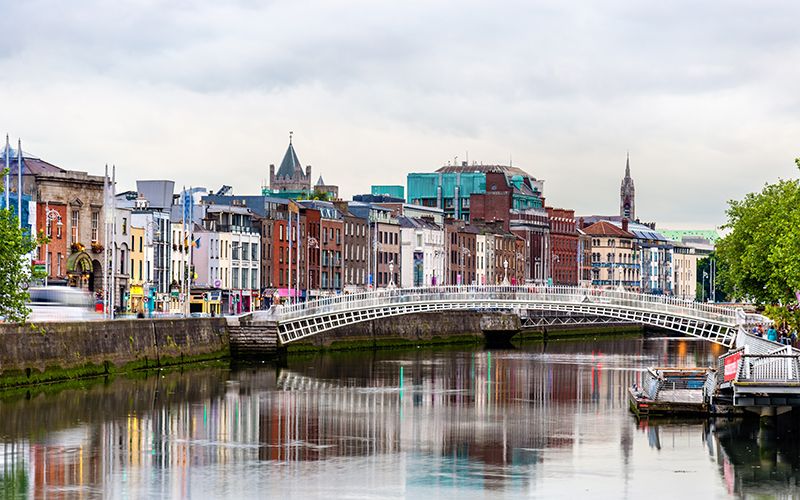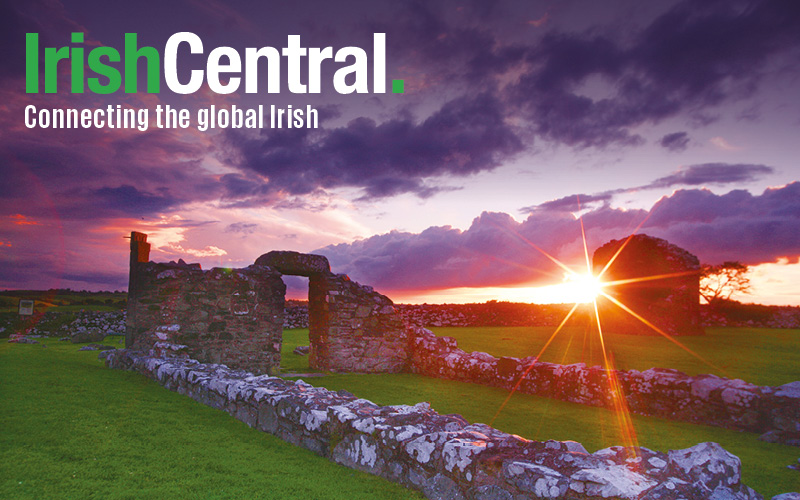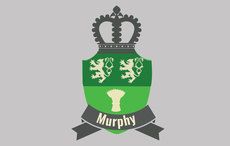It is a measure of how out of touch the Irish government is with public opinion that Catholic bishops have been more aggressive than government ministers in taking on the religious orders over compensation for abuse victims.
The public is already furious at the horrific sexual and physcial abuse inflicted over four decades on more than 1,700 children at the hands of 800 brothers, nuns and lay people in 216 institutions.
This was detailed last week in the report of an inquiry set up almost a decade ago. Seven years ago, when the inquiry was getting under way, the then-education minister, Michael Woods of Fianna Fail, brokered a deal between the state and the religious orders, indemnifying them from all victim compensation claims in exchange for property and cash to the value of $178 million.
The total cost of redress is now in the region of $1.8 billion.
The group of 18 congregations that signed the controversial deal has declared that it is not prepared to reopen negotiations. A wave of criticism of this intransigence has welled up, from opposition politicians, from organizations dealing with victims and with children, and from ordinary people, thousands of whom lined up on the weekend to sign a book of condolences for the children at the Mansion House in Dublin.
On Irish television, Woods described his 2002 arrangement with the congregations as an “honorable deal” and said that it was up to the religious orders if they wanted to pay more. The then-Taoiseach Bertie Ahern, in an interview on Newstalk Radio, accused those arguing for more money as “anti-Catholic Church.”
The orders have yet in fact to fulfill their part of the deal and have not forked out all the money promised.
But the most prominent figures to raise their voices to shame the orders for their truculance have been Catholic Church leaders.
The first senior churchman to go public was Dr. Noel Treanor, Bishop of Down and Connor, a diocese once known as a bastion of reactionary Catholicism. As Ahern’s interview was being broadcast on Sunday, Treanor said more money should be provided because of the “ethical and moral responsibility” of the Church for what had happened.
In Sunday's Irish Times, the Archbishop of Dublin, Dr. Diarmuid Martin, called on the orders of brothers and nuns to recognize the enormity of the abuse, and described as “stunning” the failure of the congregations fully to implement the agreement of 2002 by selling property to make up the agreed compensation. It was the last chance of the orders to honor their founders, he said.
“There may have been legal difficulties, but they are really a poor excuse after so many years.”
Later on Monday the Catholic primate, Cardinal Seán Brady, also said the 2002 deal should be reopened, taking into consideration “the potential of people to pay and above all the needs of the victims — we have to keep coming back to that."
The Government belatedly echoed the sentiments of the bishops. Minister for Finance Brian Lernihan on Sunday urged the Catholic Church to contribute more to the compensation fund.
But government ministers had misjudged the public mood and been seen to react rather then to lead. Many people are angry that as taxpayers – already suffering income cuts to help bail out the banks – they are obliged under the Woods deal to foot the bill for nine-tenths of the compensation due for the criminal behavior of members of religious orders.
The abuse was first exposed nationally in 2000 in an RTE television series, "States of Fear," which provided documentary evidence of the reign of terror in institutions for homeless, abandoned and delinquent children. Yesterday the producer of the series, Mary Raftery, posed a question to the country’s rulers in the editorial pages of the Irish Times:
“Today the Government faces a clear choice: Will it continue its supine and cowed attitude – so disastrous in the past for the chidren of Ireland – or will it at last on our behalf stand up to those who have bullied and intimidated us for so long?”
The civil war in the Catholic Church, pitting the hierarchy against the religious orders, is evidence that under Archbishop Martin’s tough line against predators in clerical robes, the bishops are finally getting in touch with reality.
The next episode in this unholy saga will be the publication of a report that Martin said recently “will shock us all." This will detail the history of sexual abuse of children in the Dublin Archdiocese between 1940 and 2008, involving 77 priests and 400 victims.
At no time in its history has it been more urgent for the leadership of the Catholic Church to get out in front of these litanies of horror, and take the initiative in cleansing their act.
Its survival as a moral force in Ireland has never been more at stake.




Comments